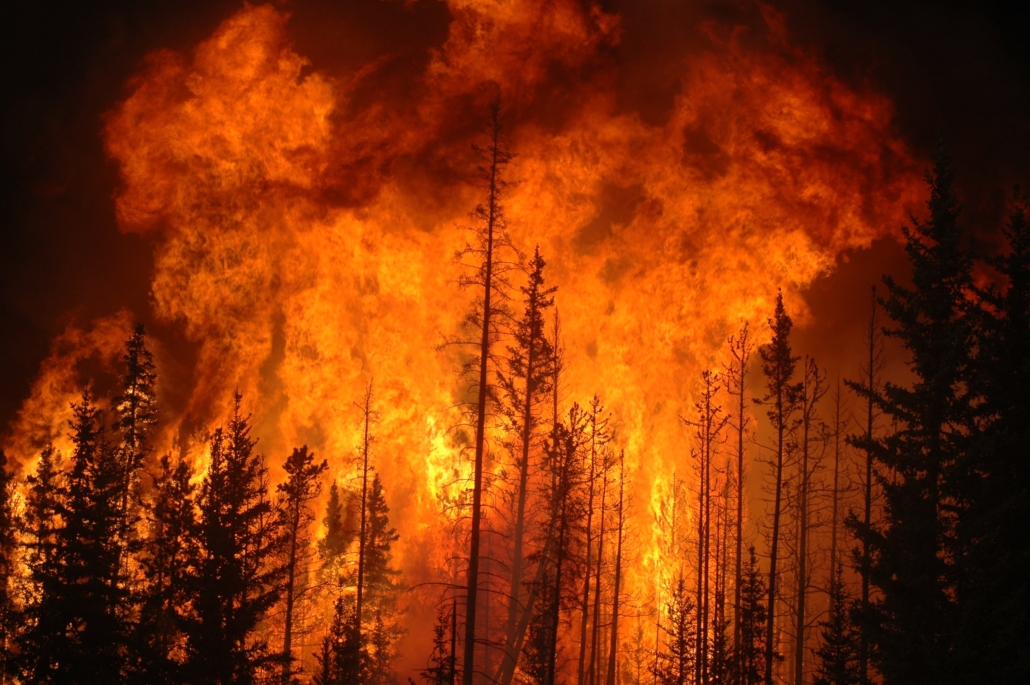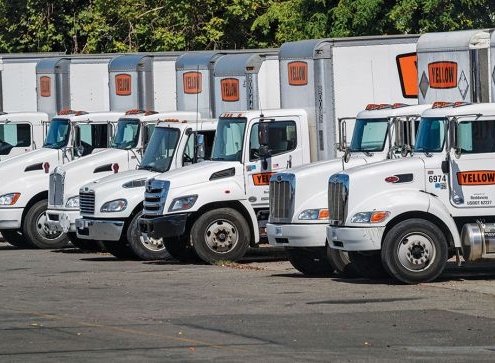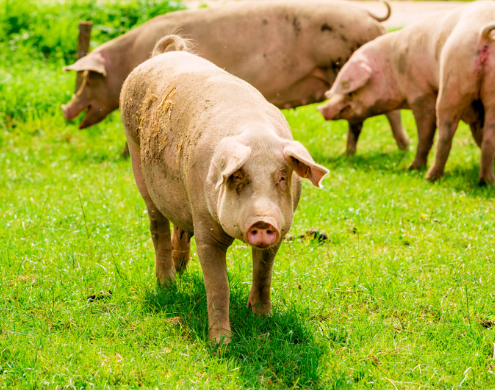Implications of Canadian Wildfire Smoke on the U.S Trucking Market
June 29, 2023
Canadian Wildfire’s Smoke Threatens US Air Quality and Raises Concerns for Crop Yields, Impacting the Trucking Market.
Smoke from Canadian wildfires has spread across a wide region of the United States, causing air quality issues for residents in the Northeast and Midwest. The smoke, originating from approximately 150 wildfires centered in Quebec, has been reported as far as South Texas and New England.
USDA Expert meteorologists confirm that the fires, which have been burning for over a week, have not directly impacted emerging row crops. However, experts have expressed concerns about the potential indirect effects, particularly on corn and soybean crops.
An extended concentration of smoke over several weeks could lead to lower temperatures and reduced solar radiation, ultimately affecting crop growth. This reduction in sunlight intensity, along with increased sunlight diffusion and elevated ozone levels, may directly impact the photosynthesis of the crops, crucial for corn to maximize its yield.
Reduced solar radiation during the grain fill stage poses the greatest risk to corn. This stage, however, is still weeks away. Additionally the smoke’s presence is suppressing convective activity, leading to a lack of summer rain showers.
So what does all of this have to do with the trucking market? Potential decreases in crop yields in the U.S (specifically corn and soybeans) will cause a decrease in carrier demand, and in turn, lower spot rates. Meaning that the smoke from the forest fires can catapult the trucking industry into a loose market scenario. The effects of this will be most evident in Midwest states like Iowa, Illinois, Nebraska, and Minnesota.
We wont see effects on crop yields for several weeks, and we likely can’t see any effects if the air quality improves quickly. However, with increasing drought like conditions acting as kindling for the fires, conditions are likely to continue. This is something shippers, especially those in these Midwest states, should be aware of in the coming weeks.












